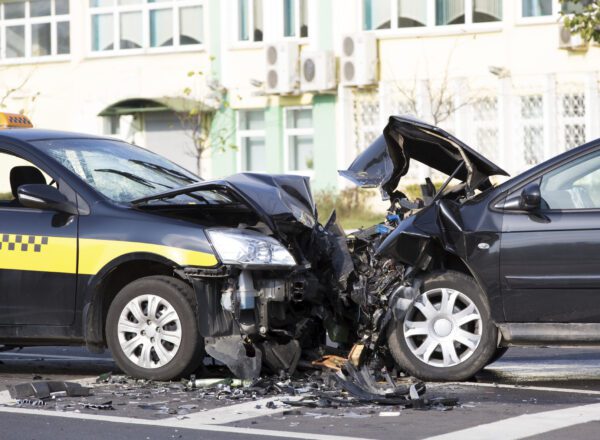
With federal statistics estimating recent annual traffic fatalities at about 26,000, it is fair to say that the deaths affect hundreds of thousands of people each year. Earlier this month, the National Highway Transportation Safety Administration concluded a series of conferences aimed at changing dangerous traffic behavior.
The most recent 2-day summit ran on March 10th and 11th in Washington, D.C. and featured presentations by representatives of the NHTSA, Loyola University New Orleans, the Center for Disease Control’s National Center for Injury Control and Prevention, Johns Hopkins Bloomberg School of Public Health, Harvard Law School, and the Delaware Highway Safety Office. NHTSA described the summit as a call to action for those interested in stopping crashes on the roads.
Summit addressed driver-related factors in fatalities
The summit was dedicated to “Driving Behavioral Change in Traffic Safety” and topics included the current state of behavioral safety countermeasures; strategies for changing behavior; innovative approaches for changing traffic behaviors; and how behavioral economics and social sciences can be used to cut down on traffic fatalities.
As the symposium recognized, driver-related factors often play a significant role in traffic fatalities. For example, an upturn in the economy could translate to an increase in traffic fatalities as more people engage in recreational driving. The NHTSA reported that the number of traffic crash-related deaths increased by 8% in the first half of 2015. A report by the Insurance Institute for Highway Safety drew a connection between the death rate and the economy. Its analysis found a strong relationship between the yearly changes in the unemployment rate and the changes in crash-related deaths.
An upturn in the economy is welcome but an increase in the roughly 30,000 deaths is not. Hopefully the industry professionals who took part in the recent traffic safety gathering will develop measures to decrease the deaths even as the economy improves.
Legal recourse for accident victims
Every driver is under a legal obligation to operate his vehicle responsibly. The law recognizes the rights of victims to hold negligent drivers responsible for the injuries they cause. Recovery from a personal injury lawsuit can afford the victim relief from pressing medical bills and lost income resulting from the crash.
In a successful case, the negligent driver may be liable to pay for both the economic and non-economic damages that he or she has caused.
Compensation can include:
- Past and future medical expense reimbursement
- Payment for pain and suffering
- Lost wages
- Reimbursement for services that the victim can no longer perform
- Lost companionship
- Funeral expenses
- Wrongful death compensation for the loved ones left behind
The burden is on the plaintiff to prove every necessary element of a personal injury lawsuit and sometimes expert testimony by doctors or scientists is needed to connect the dots for a jury. Parties who place their trust in dedicated Maine car accident lawyers tend to see greater results.
Maine personal injury lawyers
Hardy, Wolf & Downing is dedicated to fighting aggressively for the rights of victims who’ve been injured in private or commercial vehicle accidents in Maine. To learn more about your rights to compensation after a car accident, please call to schedule a free consultation. We are available any time, by calling toll-free 1-800-INJURED.

